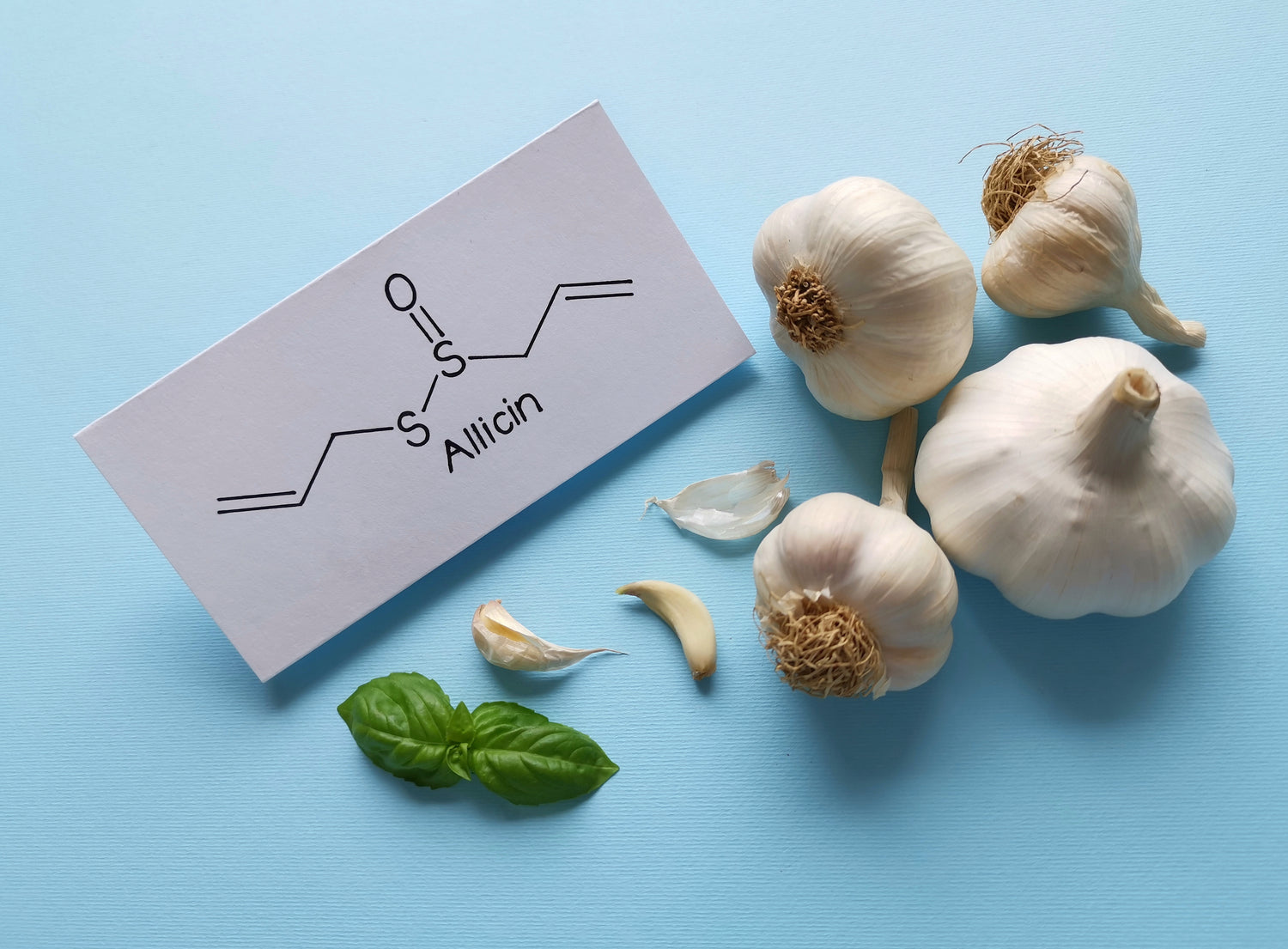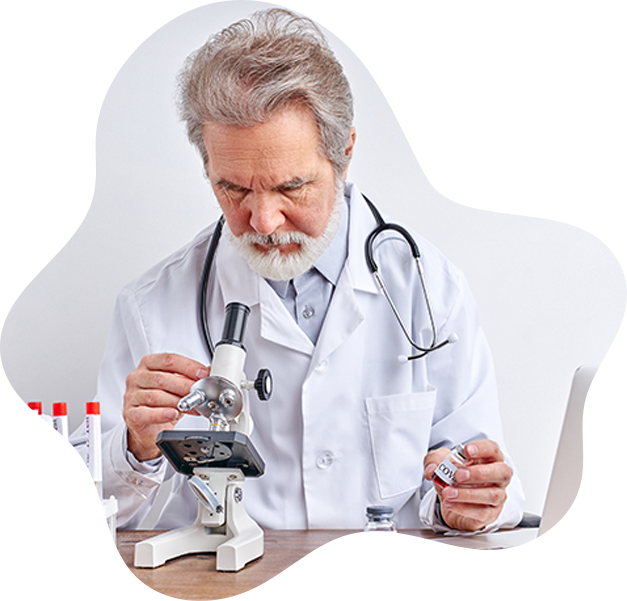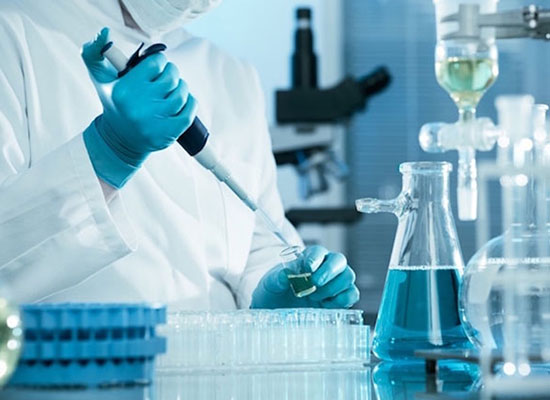An enormous amount of research has been published all over the world to confirm the many beneficial properties of garlic and the components that are generated when garlic is cut, crushed,cooked or processed.

In 1944 Scientists Cavallito and Bailey were the first to demonstrate that the antibacterial action of garlic is mainly due to allicin.
Allicin is a sulfur-containing compound found in garlic (Allium sativum), renowned for its powerful antibacterial, antiviral, and antifungal properties. It is produced when fresh garlic is chopped or crushed, initiating an enzymatic reaction that converts alliin to allicin. However, allicin is highly unstable and degrades quickly, which has historically limited its therapeutic applications.
Benefits
Numerous clinical studies have explored the benefits of stabilized allicin:
-

Infection Control
Studies have demonstrated the efficacy of stabilized allicin in reducing bacterial load in infections resistant to conventional antibiotics.
-

Immune Support
Clinical trials indicate that allicin can enhance immune function, reducing the incidence and severity of colds and flu.
-

Cardiovascular Health
Research suggests that allicin may help lower blood pressure and improve cholesterol levels, contributing to overall cardiovascular health.

Safety and Efficacy
Extensive testing has shown that stabilized allicin is safe for human consumption, with no significant side effects reported. Our stabilization technology ensures that allicin retains its beneficial properties without degradation.
Stabilized allicin represents a significant advancement in natural health products, offering a safe and effective alternative to synthetic antimicrobial agents. As research continues to evolve, the potential benefits of stabilized allicin will undoubtedly expand, providing new opportunities for improving health and wellness.
Clinical Studies

Common Cold Study
A double blind placebo controlled study using Allimax has reported that stablilized allicin can:
- Prevent the occurrence of the common cold
- Reduce the severity of symptoms
- Decrease the number of days to recover from symptoms
- Reinfection is less likely
MRSA
Scientists at the University of East London have shown that aqueous extracts of allicin are able to kill vast swathes of the so called “superbug” MRSA (Methicillin Resistant Staphylococcus Aureus).
Various other antibiotic resistant bacteria were also found to be sensitive to allicin.
RR Cutler, P. Wilson, “Antibacterial activity of a new, stable, aqueous extract of allicin against methicillin-resistant Staphylococcus aureus,” British Journal of Biomedical Science 2004;61(2):71-4
Hay Fever Survey
A survey was designed to determine if Allimax could prevent the classic hay fever attack from occurring among volunteers who have suffered for several years. After 35 days, they were asked to rate the treatment out of 5.
The overall AVG score was 3.95 indicating that Allimax was able to control hay fever very well. Over 80% of volunteers reported a significant reduction in the number of challenges during the study period.
S. Steadman, P. Josling, “A pilot investigation into the use of ALLIMAX for the treatment of HAY FEVER (SEASONAL ALLERGIC RHINITIS),” British Journal of Clinical Phytomedicine Vol 9/No 10

Peer Reviewed Published Data
- British Journal of Biomedical Science 2004 (61) 2-6-30 strains of MRSA
- American Society of Microbiology Atlanta USA 2005 – 3 cured case histories with MRSA
- European Congress on Clinical Microbiology, Chemotherapy and Infectious Diseases Copenhagen Denmark April 2005 – 3 cured case histories with MRSA
- European Congress on Clinical Microbiology, Chemotherapy and Infectious Diseases Basel Switzerland April 2007. Susceptibility of Multi drug resistant (MDR) Acinetobacter baumanii to a stabilized allicin extract








